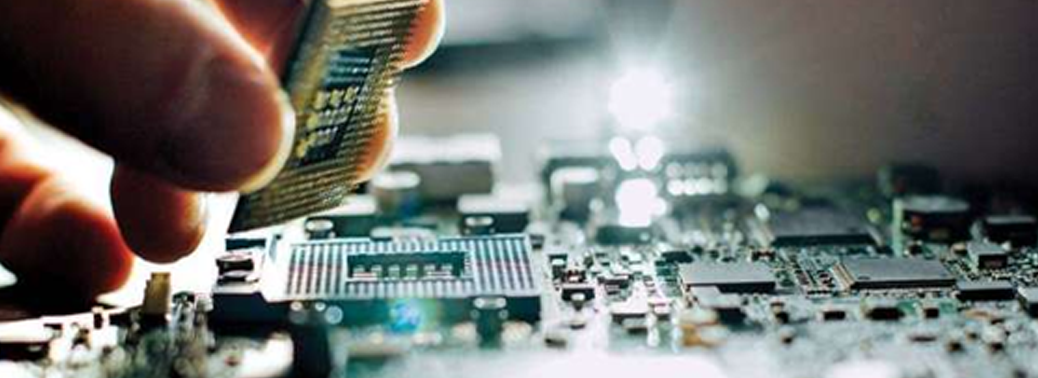LARGE-SCALE ELECTRONICS MANUFACTURING IN INDIA
24, Mar 2020

Prelims level : Governance - Institutional Reforms
Mains level : GS-II Government policies and interventions for development in various sectors and issues arising out of their design and implementation.
Why in News?
- In a bid to boost large-scale electronics manufacturing in India, the Union Cabinet approved three schemes, including a production-linked incentive scheme, with a total outlay of almost ₹48,000 crore.
- The National Policy of Electronics 2019 (NPE 2019) replaces the National Policy of Electronics 2012 (NPE 2012).
Highlights:
- The schemes are expected to attract new investments worth at least ₹50,000 crore in thesector, while generating more than five lakh direct and 15 lakh indirect jobs.
PLI for Large Scale Electronics Manufacturing:
- The Production-linked incentive (PLI) scheme for Large Scale Electronics Manufacturing aims to attract large investments in mobile phone manufacturing and specified electronic components, including assembly, testing, marking and packaging (ATMP) units.
- It has at a budgetary outlay of Rs. 40,995 crore for five years.
- The scheme will offer an incentive of 4-6% on incremental sales of goods manufactured in
- India and is expected to create a total of 8 lakh jobs.
Scheme for Promotion of manufacturing of Electronic Components and Semiconductors (SPECS):
- SPECS will provide financial incentive of 25% of capital expenditure for the manufacturing of goods that constitute the supply chain of an electronic product.
- The scheme will help offset the disability for domestic manufacturing of electronic components and semiconductors in order to strengthen the electronic manufacturing ecosystem in the country.
- The total cost of the scheme is Rs.3,285 crore.
Electronics Manufacturing Clusters (EMC) 2.0:
- It aims at creating quality infrastructure with a minimum area of 200 acres along with industry-specific facilities such as common facility centres, ready-built factory sheds/ plug-and-play facilities.
- The scheme will provide financial assistance upto 50% of the project cost subject to ceiling of Rs.70 crore per 100 acres of land and For Common Facility Centre (CFC), financial assistance of 75% of the project cost subject to a ceiling of Rs.75 crore will be provided.
- It has outlay of Rs. 3,762 crore over a period of 8 years.
Salient Features of National Policy on Electronics 2019 NPE 2019:
- Create eco-system for globally competitive Electronics System Design and Manufacturing (ESDM) sector
- Provide incentives and support for manufacturing of core electronic components.
- Provide special package of incentives for mega projects which are extremely high-tech and
- entail huge investments, such as semiconductor facilities display fabrication, etc.
- Formulate suitable schemes and incentive mechanisms to encourage new units and expansion of existing units.
- Promote Industry-led R&D and innovation in all sub-sectors of electronics, including grass root level innovations and early stage Start-ups in emerging technology.
- Provide incentives and support for significantly enhancing availability of skilled manpower, including re-skilling.
- Special thrust on Fabless Chip Design Industry, Medical Electronic Devices Industry, Automotive Electronics Industry and Power Electronics for Mobility and Strategic Electronics Industry.
- Create Sovereign Patent Fund (SPF) to promote the development and acquisition of IPs in ESDM sector.
- Promote trusted electronics value chain initiatives to improve national cyber security profile.







